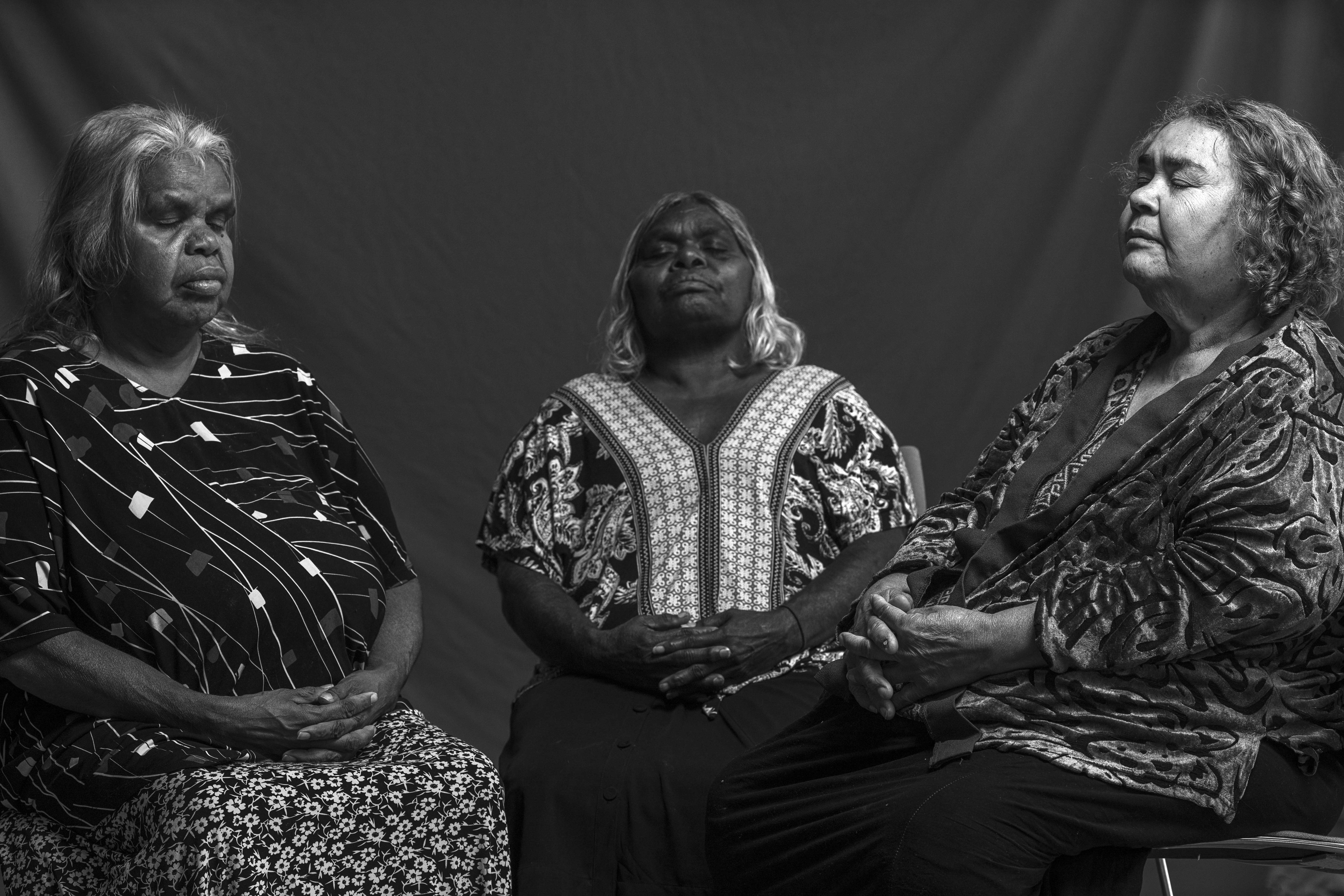What is compassion?
The caring nurse, a parent cuddling an upset child, the teenager helping an older person across the street, these are all examples of compassionate behaviour towards others. Compassion is most commonly thought of as an emotional experience in which an individual experiences a state of concern for the suffering or unmet need of another coupled with a desire to alleviate that suffering.
![]()
The importance of compassion right now
We are in the grip of an unprecedented global health event, unlike anything we have ever seen. This is causing enormous physical and mental suffering for people on a global scale as we deal with issues like the sickness and loss of loved ones, the fear associated with falling ill, the stress of losing jobs and the frustration of being isolated. In the face of these challenges, we have seen some unfortunate behaviours such a panic buying, anger towards others, individuals ignoring health advice and worst of all individuals deliberately trying to infect others.
How do we make sense of all this?
Deploying compassion may be a step in the right direction. It has been suggested that the world would be very different if all of us felt ‘global compassion’, which means widening our sphere of concern beyond those who are familiar to strangers. Practising this may help us to view the behaviours of others, including the bad, with greater understanding and empathy. For example, taking a compassionate view allows us to view the panic buying of others as a function of the stress they are feeling about the current situation. Similarly a compassionate view towards the health of others at this time may encourage increases in awareness of how our own actions and behaviours, such as heeding governmental health advice, can significantly impact those we have never met.
Meditation to cultivate compassion
Buddhist teachings have long held that compassionate responding is a key outcome of meditation. It is only more recently that this has been confirmed by Western science. In 2013, a study from David Desteno’s laboratory at North Eastern University demonstrated very neatly the impact of formal meditation practice on compassionate behaviour in a waiting room setting. Thirty-nine individuals were recruited for the study and were randomised into either eight weeks of meditation or a wait-list control group. At the end of the eight weeks, all participants were invited to the laboratory, but instead over undergoing tests, they were secretly observed to see how they responded to a woman walking into the waiting room with crutches and a walking boot, who was visibly in pain. The study showed that those who completed eight weeks of meditation offered their seats to the sufferer more frequently than those who did not meditate. In fact three times as many meditators offered their seat than non-meditators. As a result, this study became one of the first to show how powerful meditation can be in increasing the compassionate response to suffering.
![]()
1. Activity: “Cultivating Compassion While Washing Your Hands”
It is recommended that we regularly wash our hands for at least 20 seconds which is significantly longer than the time most of us are accustomed to spending washing our hands.
![]()
As we develop this new habit, we can use it as an opportunity to cultivate compassion, both for ourselves and all other people. In this way we Each time you wash your hands, consider saying the following words silently in your mind. Say these words slowly and deliberately, and as you do try to connect to a genuine feeling of care and concern for all humans, including yourself:
May all beings be safe;
May all beings be healthy;
May all beings feel loved, supported and cared for.
2. Meditation: ‘I Wish for You’ Meditation in Mindfulness Foundations Program.
3. Meditation: ‘Empathy and Compassion’ Meditation in Relationships Program.
This meditation is specifically about cultivating compassion for colleagues.
If you are interested in cultivating compassion in your own life try the Smiling Mind app that contains many meditations that will help to support compassion.
You can download the app for free and listen to one of these meditations now.











.jpg)




